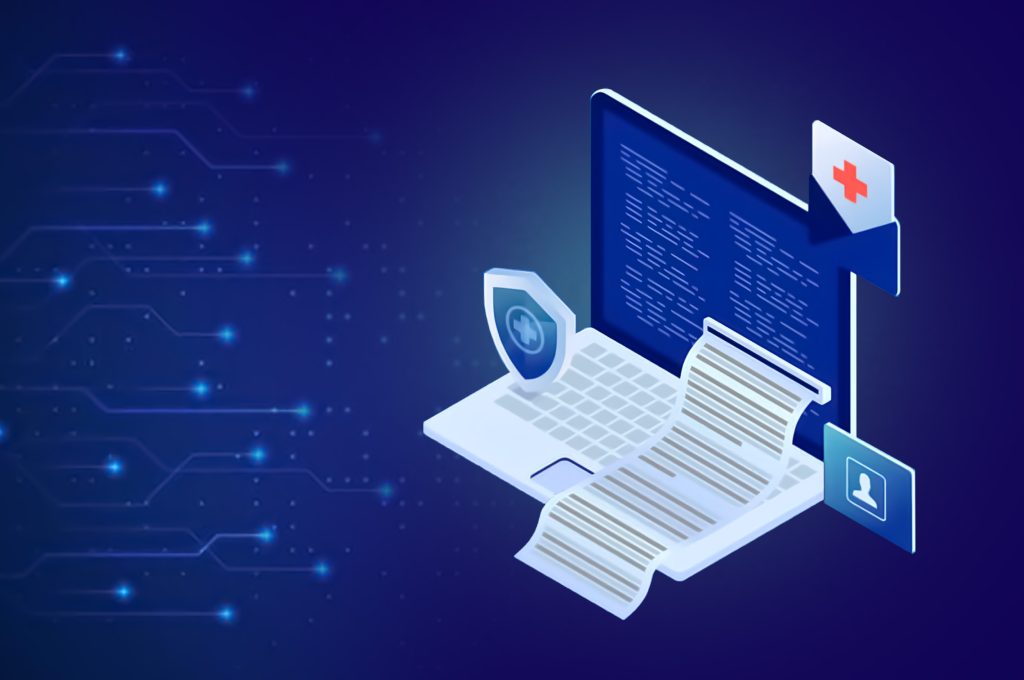From Errors to Excellence: Custom-Built Billing Software for Smarter Healthcare
- TronsIT Solutions
- 0 Comments
In 2025, healthcare billing is no longer just about generating invoices—it has become a strategic function that ties into patient satisfaction, operational efficiency, and financial performance. And at the heart of this transformation? Medical software development is tailored specifically to address the billing challenges faced by clinics, hospitals, and healthcare systems every day.
Generic billing platforms may have been effective a decade ago, but with stricter compliance regulations, evolving insurance frameworks, and rising patient expectations, healthcare providers now require more innovative solutions. That’s where custom-built billing software comes in—designed to eliminate errors, boost transparency, and integrate smoothly with your entire healthcare ecosystem.
The Billing Crisis: Why Change Is Urgently Needed
Let’s not sugarcoat it—billing errors are still a massive issue. A 2025 study by the Healthcare Financial Management Association (HFMA) found that billing inaccuracies account for 22% of delayed payments and nearly $125 billion in uncollected revenue each year in the U.S. healthcare system.
Some common culprits include:
- Manual data entry mistakes
- Lack of real-time insurance verification
- Incompatibility with EHR systems
- Poor reporting and analytics
Worse, these errors don’t just hurt your bottom line—they frustrate patients, drive denial rates, and create administrative burnout.
What Makes Custom Billing Software So Effective?
Unlike off-the-shelf systems, custom billing software is designed to align with the specific workflows of your organization. Whether you’re a small specialty clinic or an extensive hospital network, a tailor-made solution offers:
- Automated coding and claim validation to reduce human error
- Real-time eligibility checks with insurance providers
- Custom reporting dashboards for KPI tracking
- Flexible payment plan support for patient-centric billing
- Built-in audit trail to ensure regulatory readiness
This flexibility allows healthcare providers to not only speed up the revenue cycle but also adapt to changing payer requirements and federal mandates without disruption.
EHR Integration: Making Data Flow Seamlessly
One of the most significant pain points in traditional billing systems is their inability to sync with Electronic Health Records (EHR). In 2025, EHR integration is no longer a luxury—it’s essential.
Integrated billing software ensures that:
- Patient demographics, diagnoses, and procedures flow automatically into billing systems
- Redundant data entry is eliminated
- Claims are generated and submitted faster
- Payment status updates are visible directly in the patient’s digital chart
According to a report from KLAS Research, practices that implement fully integrated EHR-billing systems reduce claim denials by 35% and cut billing cycle times in half.

Industry Snapshot: Billing Software Capabilities Comparison (2025)
Feature | Off-the-Shelf Billing Software | Custom-Built Billing Software | Source |
EHR Integration | Limited | Full interoperability | KLAS Research, 2025 |
Compliance with New Regulations | Often delayed | Real-time updates | HFMA, Billing Tech Survey 2025 |
Custom Workflow Support | Minimal | Highly adaptable | Forbes Tech Council, 2025 |
Automation Capabilities | Basic | AI-driven & rule-based automation | Accenture HealthTech Report 2025 |
Cost Efficiency Over Time | High hidden costs | Lower TCO with higher ROI | Deloitte, 2025 Healthcare IT ROI |
AI and Billing: The Future is Here
Artificial Intelligence is playing a massive role in the evolution of billing software. From predictive denial management to smart reconciliation and even virtual billing assistants—AI tools save both time and money.
For example, some 2025 platforms now offer:
- AI-powered medical coding recommendations
- Predictive analytics to flag high-risk claims
- Virtual bots for automated payment reminders
According to a 2025 report by Accenture, AI billing features have helped reduce operational costs by up to 30% for mid-size practices.
Wrapping It Up: Billing that Checks All the Boxes
In today’s complex healthcare landscape, billing software needs to be more than functional—it must be accurate, intelligent, and HIPAA-compliant software that can evolve with both regulations and patient expectations.
If you’re ready to ditch outdated systems, TronsIT Solutions is here to help. Specializing in custom healthcare applications, TronsIT Solutions develops robust, compliant, and fully integrated billing systems tailored to your practice’s unique needs. Their solutions ensure:
- End-to-end HIPAA compliance
- Seamless EHR integration
- Real-time analytics and reporting
- AI-powered automation for faster reimbursement
In a world where every error costs you time, money, and patient trust, custom billing software isn’t just an upgrade—it’s a necessity.
For more information, explore our website!
Related Posts
The Role of IT in Modernizing Healthcare Facilities
- TronsIT Solutions
- October 16, 2024
As the healthcare industry evolves, custom solutions are pivotal in transforming hospitals and ..
Virtual Front Desk: The Future of Healthcare Administration
- TronsIT Solutions
- April 14, 2025
Let’s face it: front desk operations in healthcare have always been the pain factor—los ..



